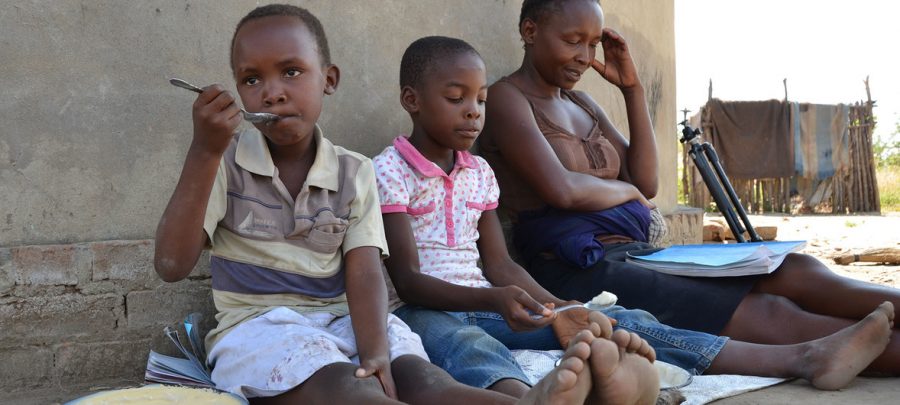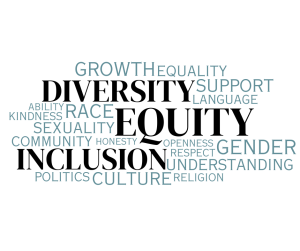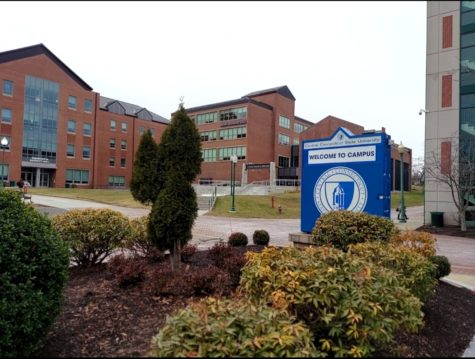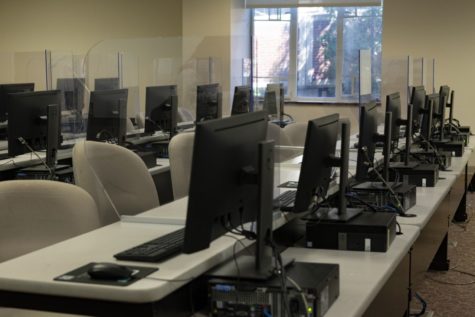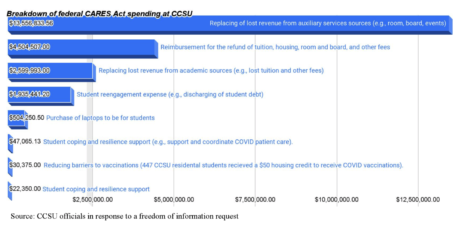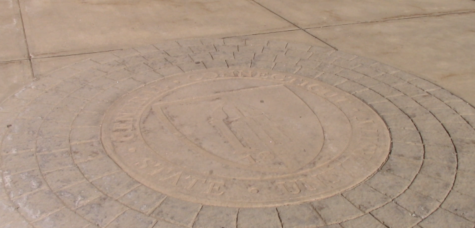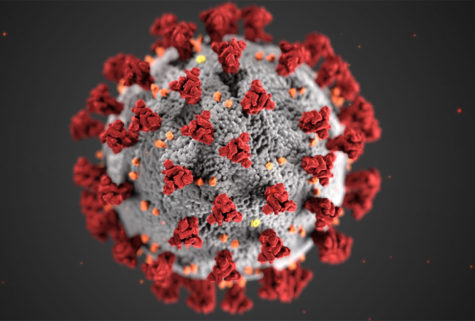Washing Your Hands Is A Privilege, And Not Everybody Has It
Under developed countries find basic necessities to stay safe to be a difficult struggle to maintain due to lack of resources.
April 9, 2020
“Washing your hands is a privilege, it means you have running water. The masks, the gloves, the gel, are a privilege, it means that you have money to buy them. Quarantining is a privilege, it means you can afford to stay home. Most ways to avoid the virus are only accessible to wealthy people. In essence, a disease that we, the rich, spread as we flew around the globe, will now kill millions of the poor.”
This is a quote from an Indian doctor, posted at the beginning of Spanish rapper C. Tangana’s video series, “Coming Home,” on Instagram.
There is no gender, age nor race that can escape the coronavirus. And it certainly overcomes any economic or income barriers. It is affecting everybody, in one way or another. Some just do not stand the same chances as others.
“In our country [India], a lockdown is actually probably difficult, because there are people who have to go to work and put food on the table. Maybe India doesn’t have the luxury of a lockdown,” Ramanan Laxminarayan, a senior research scholar lecturer at Princeton Environmental Institute, stated.
Developed countries like the U.S., Spain or Italy are fighting to get masks for every doctor and ventilators for every patient that is in a critical state; while the remaining majority of the population isolates at home, washing their hands after every meal – generally speaking.
Poorer countries like Syria, Central African Republic or Zimbabwe are struggling to collect real numbers of the people infected and are forced to congregate in smaller, more crowded and unsanitary spaces.
“You want us to wash our hands?” Fadi Mesaher, the Idlib director for the Maram Foundation for Relief and Development, said in an interview for the New York Times. “Some people can’t wash their kids for a week. They are living outdoors!”
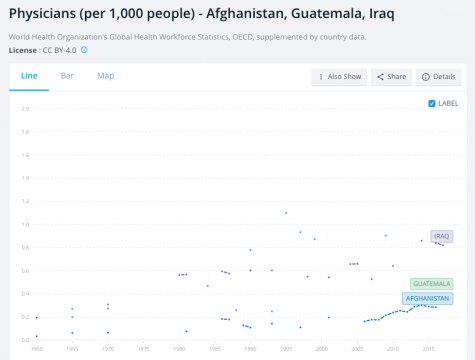
According to The World Bank, a source of financial and technical assistance to developing countries around the world, Afghanistan has 5 hospital beds per 10,000 people, Guatemala has 9 nurses per 10,000 people, and Iraq has 8 physicians per 10,000 people.
The United Nations Economic and Social Commission for Western Asia also reported COVID-19 will also add another 8.3 million Arab people into poverty.
And the list keeps going.
“When rich nations are in panic mode stating that thousands of ventilators will not be enough, it just brings to light how poorer nations like the Central African Republic don’t stand a chance in the fight against Covid-19,” said David Manan, the Norwegian Refugee Council Country Director in the Central African Republic (CAR).
“Now, the virus is arriving in countries already in the midst of humanitarian crisis caused by conflicts, natural disasters and climate change,” said United Nations Secretary-General António Guterres.
“We must create the conditions and mobilize the resources necessary to ensure that developing countries have equal opportunities to respond to this crisis in their communities and economies,” Guterres added. “Anything short of this commitment would lead to a pandemic of apocalyptic proportions affecting us all.”
Guterres – like other organizations, – has launched a $2 billion global humanitarian response plan to fund the fight in the most fragile countries and has asked the major economies to “step forward with strong response packages.”
However, it is not enough.
Oxfam, a global movement of people who are fighting inequality to beat poverty together, published a press release stating that doubling the money spent on health at the 85 poorest countries would cost $159.5 billion dollars; “less than 10% of the U.S. fiscal stimulus to fight Coronavirus.”
And that is not fair.
Everybody is struggling. Every country, every city, every family, every person is struggling in their own ways. I am not diminishing anyone’s situation, or making it less important or tragic. However, some of us are more privileged than others because we get to wake up everyday in a house with running water and extra soap while others don’t.
The situation is bad everywhere, some just do not have the same chances as others.
